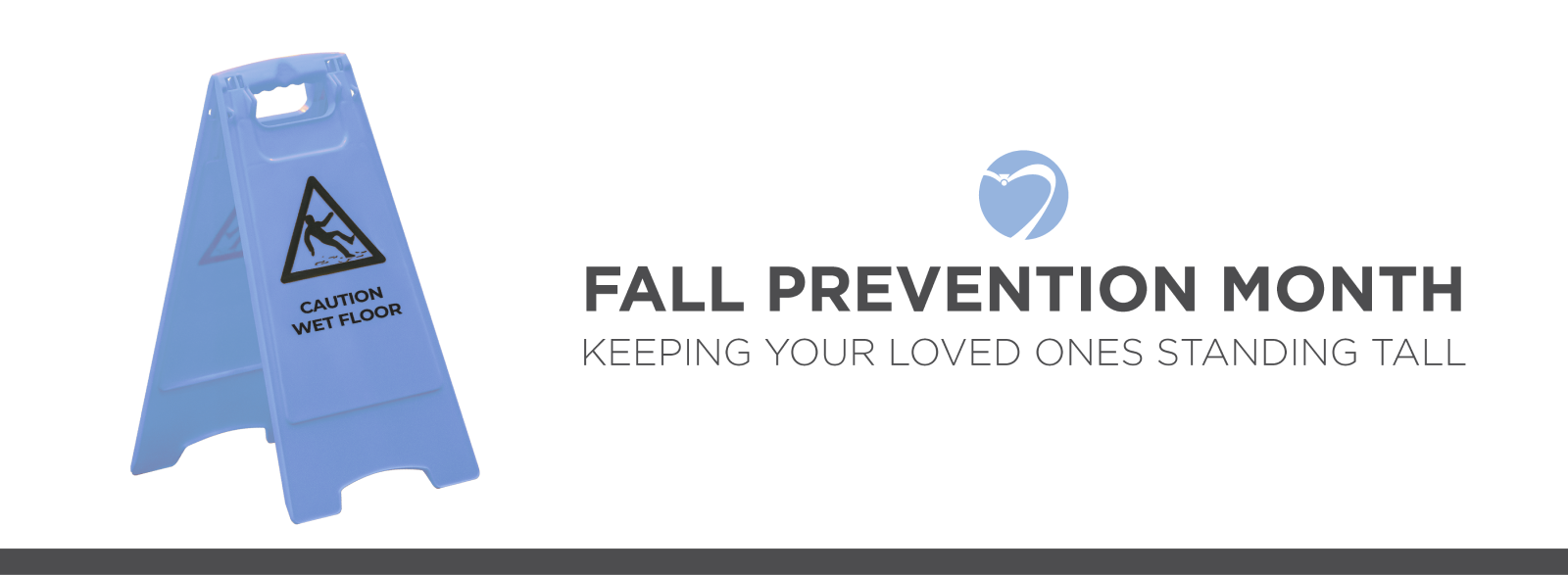Our Blog
Keep Up With What's Happening!
.png)

contact us to speak directly to a care team expert:

Making the Connection
As you age, memory fades. It’s not necessarily a sign of something sinister; forgetfulness has long been accepted as a natural part of aging. But scientists are beginning to understand how we form and keep memories.
At UCLA, scientists have discovered that synapses, the electrical trails between neurons, can become worn as we age. Memories and associations can become weaker over time as the synapses connecting the thoughts deteriorate. Scientists have previously focused their efforts on researching how brains make memories, not on how memories are stored in the brain. This new research suggests that connections between neurons can be reestablished by encouraging electrical activity in synapses.
One of the more promising ways this research is paying off for Alzheimer’s patients can be found in a UCLA study. For the first time in medical history, the study was able to show real improvement in the memories of Alzheimer’s patients. Researchers used custom treatments for each patient—including dietary alterations, brain stimulation, exercise, sleep training, pharmaceuticals, and a few other techniques designed to alter brain chemistry. The results are impressive: The subjects of the study show a partial reversal of memory loss and improvements in other systems.
As scientists learn more about how we make and store memories, our ability to combat diseases like dementia and Alzheimer’s will grow. Until scientists develop an effective treatment, it is still possible to take steps to minimize your risk of memory loss.
In order to keep your mind healthy, take inspiration from the UCLA study and work to maintain an active brain. A healthy diet that minimizes sugars and nontraditional fats has been shown to keep brains healthy. Drinking two cups of coffee a day can also help your body maintain its brain power. Exercise, even as little as a 30-minute daily walk, can help seniors maintain healthy brain function. Finally, keep your mind active by challenging yourself every day. Learn a new language, complete a crossword puzzle, or engage in a lively debate. Making yourself learn new information and recall it rapidly is an excellent way to keep your mind sharp.
While scientists figure out exactly how to reverse the process of memory loss in the aging population, it’s possible for seniors to take steps now to maintain a healthy, active mind.


.png)












